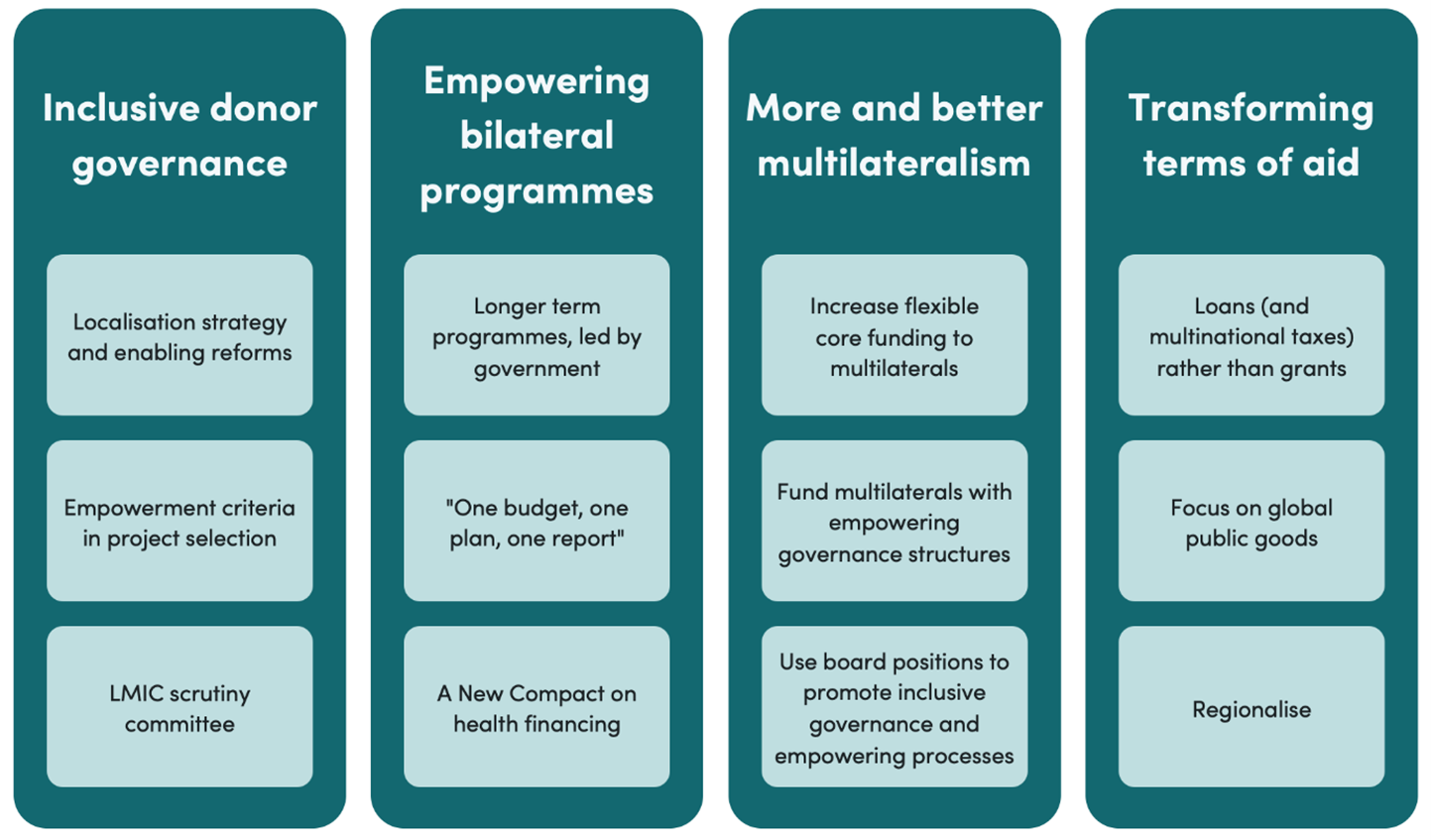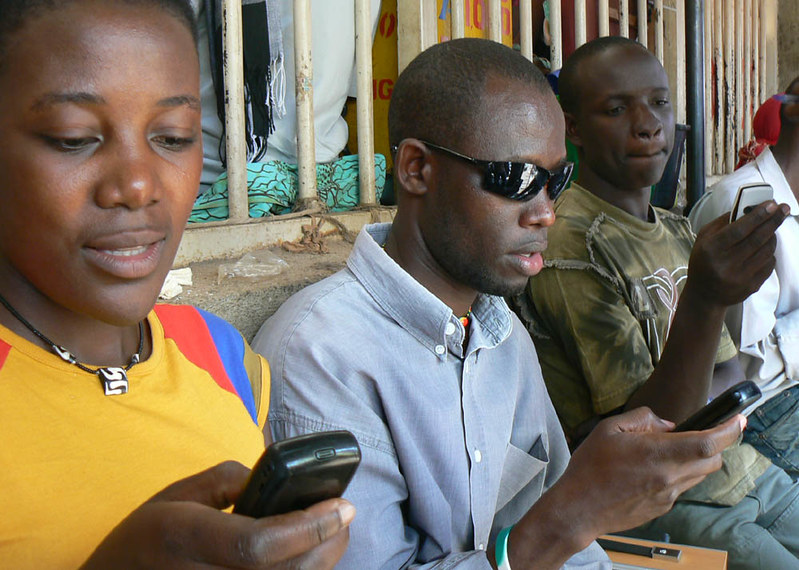The President’s FY2015 budget request is out and it looks good for MCC. With a base budget ask of $1 billion, this is the highest request the Millennium Challenge Corporation has seen since FY2012. Of course, the request is just the first step of the budget process, so MCC may or may not receive the full amount. But if it does, it would be the largest appropriation for the agency since FY2010.
What does this mean for eligible countries?
It could mean bigger compacts for eligible countries. MCC has an active pipeline of six countries—Ghana, Lesotho, Liberia, Morocco, Niger, and Tanzania—that are in the process of developing compacts. Four of them (all but Ghana and Lesotho) are expected to draw on FY2015 funds.* Because this isn’t an especially large pipeline in historical context (that is, MCC is not spreading its resources among an exceptionally large number of countries), more money overall will probably mean larger compacts.
Of course, bigger isn’t necessarily always better when it comes to compacts. A compact must be implementable within the strict five-year time horizon. And it shouldn’t be any bigger than economic logic dictates (that is, it should only include projects that meet MCC’s standards for a sufficiently high economic rate of return). But, as long as the upcoming compacts do not become “too large” in these respects, more money could mean expanding the benefits of poverty reduction and economic growth to more beneficiaries.
What’s most exciting about MCC’s plans for the money?
A couple of big things stand out.
Power Africa. MCC is expected to play a big role in advancing the Administration’s flagship energy program, Power Africa. Three of the countries in MCC’s compact pipeline (Liberia, Ghana, and Tanzania) are Power Africa countries where compacts will focus on the energy sector to help partner countries increase access to reliable and affordable power. A big part of MCC’s support is designed to spur the important institutional and regulatory reforms that are foundational for attracting private investment in the energy sector.
Payment for Performance. MCC is very interested in experimenting with payment for performance financing in its compacts, including Cash on Delivery Aid. These incentive schemes fit well with MCC’s model of country ownership since they give partner countries the flexibility and responsibility to decide how to go about achieving the agreed upon results. They also have the potential to link payments more directly to development results.
And wait, there’s more…maybe.
In addition to the base budget, the President is asking for $350 million more for MCC as part of a proposed Opportunity, Growth and Security Initiative, a $56 billion discretionary spending initiative intended to support US economic progress (especially in manufacturing and energy efficiency), national security, and some education and training programs. Most of the funding would go to domestic agencies, but MCC’s chunk would be put toward its efforts in the three Power Africa countries. The idea is that MCC funds would help foster a better investment climate in these countries and create more opportunities in which US energy companies could invest. That’s a nice message, but—considering it’s an election year—I wouldn’t bet too heavily that the spending priorities outlined in the Opportunity, Growth and Security Initiative will be funded at the proposed level (if at all). But with or without this additional plus up, the FY2015 budget proposal is a strong one that looks good for MCC.
*MCC is also engaging in compact development with Benin and Sierra, but on a limited basis, since they were not re-selected as eligible this past year.
CGD blog posts reflect the views of the authors, drawing on prior research and experience in their areas of expertise.
CGD is a nonpartisan, independent organization and does not take institutional positions.





